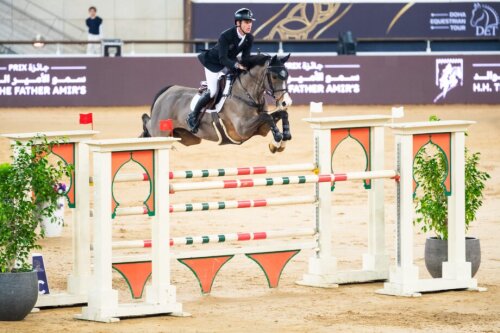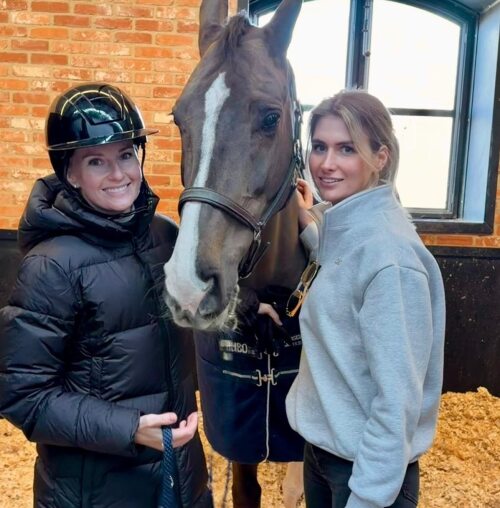Recently, the FEI published its final draft for the rule changes, which it will present next month during the General Assembly. In a press release, the IJRC announced that it will represent the riders’ interests during this meeting. It also highlights several key points...
In general, the IJRC aims for transparency, horse welfare, and fairness to take center stage! It is leading the way on behalf of its members — the riders.
- They want less arbitrariness and more transparency in the additional fees that can be charged during international CSI competitions. Consequently, a standardized list of costs will be presented during the General Assembly.
- A proposal was submitted to extend prize money distribution up to the 13th place (currently often up to 12th place), mainly for CSI4* and CSI5* Grand Prix events. The IJRC aims to ensure fairer rewards for more riders. At the same time, the question arises whether this will mean a redistribution or whether additional income will be required for events — and if so, who will bear those costs?
- The IJRC proposed that Grand Prix competitions be held over two rounds. All riders with a clear round in the first phase would be allowed to compete in the second round, even if that means more than 25% of the starters!
- Jumping Recorded Warning!
The IJRC supports the introduction of Jumping Recorded Warnings for situations involving minor injuries or blood on the horse, caused by tack or rider actions. With certain adjustments, this has been included in the FEI’s draft. The IJRC stresses the need for objective veterinary criteria and uniform guidelines worldwide.
Furthermore, it highlights several proposals that the FEI rejected in its draft.
- The IJRC advocates for greater use of technology (Art. 241) in disputes. It wishes to use video footage as a tool to assist the ground jury in cases of doubt. “We want to prevent unjust eliminations,” it says. The FEI rejected this proposal, but the IJRC intends to continue pushing for it.
- At present, the IJRC believes that the U25 wildcard system (Annex V) requires more transparency. “The FEI rejected our proposal, explaining that there is already priority for U25 riders,” however, the IJRC does not share that view and intends to continue striving for greater openness!
- Protest possibility (Art. 161.2)
The IJRC proposed allowing appeals in cases of clear technical errors by the jury. This proposed amendment was rejected because the FEI maintains that ‘on-field’ decisions are always binding.



